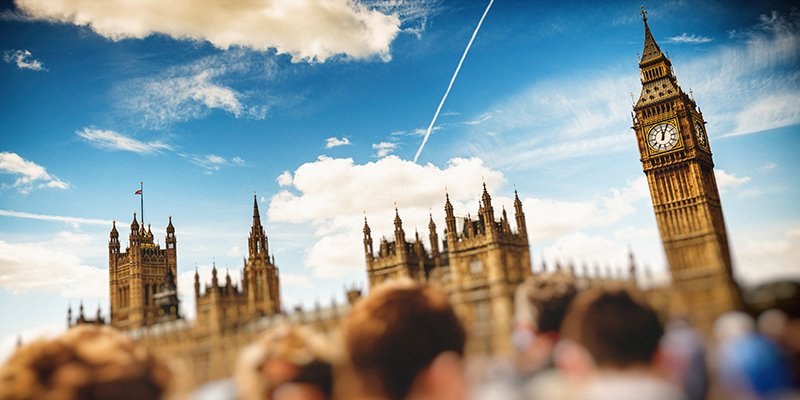New model suggests that Labour’s constituency count in Scotland could return to levels not seen since before 2015
According to new YouGov MRP modelling, were a general election held tomorrow the SNP could fall back to 27 seats in Scotland, with Labour gaining 23 from their nationalist rivals to bring their seat tally up to 24, while the Tories and Lib Dems would take four apiece.
Not since 2010 have either the Scottish Nationalists failed to win more than 30 seats at a general election contest, or Labour surpassed seven.
To create these new projections, YouGov used a statistical technique called MRP – the same method we used to successfully forecast the 2017 and 2019 UK general elections – to model the responses of 3,586 Scottish adults from 10 April to 21 May.
The results suggest that repeated recent bad news stories for the SNP and its new leader, Humza Yousaf, including accusations of party mismanagement and potential criminal cases being brought against senior officials, have taken a serious toll on both the party’s popular support and its prospects of defending many of the 48 seats it won at the 2019 general election.
On the other hand, the figures will make welcome reading for Scottish Labour leader Anas Sarwar, as well as the party’s national leader Keir Starmer. Labour may well need a significant number of victories in Scotland to lift them over the majority line at the next Westminster contest, and the data currently suggests they are on track to do just that.
The story is less rosy for both the Conservatives and the Liberal Democrats. Rishi Sunak’s party are set to fall back to their lowest Scottish seat total since that fateful 2015 ‘yellow tide’ contest, where the SNP gained no less than 50 seats to take all but three across the whole of Scotland. This will be disappointing news for their Scottish leader Douglas Ross, after the Tories had very effectively established themselves as the second party in Scottish politics from 2017 for a number of years (and elections).
For the Liberal Democrats, a total of four seats would represent no change at all since the 2017 election. Stagnation in Scotland is in stark contrast to the waves of recent Liberal Democrat success stories we have seen in the South of England.
With any projection of Scotland must come a large slice of caveat cake: Scotland has one of the highest concentrations of marginal seats in the UK. This is an extremely difficult political environment in which to forecast, and indeed no fewer than 22 of the 59 projected seats are ‘called’ in this model with winning margins of less than 5%.
Some, including Motherwell and Wilshaw, Edinburgh North and Leith, and Cumbernauld, Kilsyth, and Kirkintilloch East, are currently being settled by margins of less than 1% of the overall vote.
Behind the headline figures lie some key battleground results.
The story of Labour’s projected success is mostly driven by recovery in their former Scottish strongholds and in the recapture of seats they managed to temporarily wrestle back from the SNP in 2017.
But the Atlantic realms of Na h-Eileanan an Iar (previously named ‘Western Isles’) are something of an exception to this. Labour are projected to take this seat for the first time since 2001, with the constituency representing one of just three Westminster seats to have been consistently held by the SNP since before their 2015 breakthrough. Losing Na h-Eileanan an Iar would be a symbolic and significant blow to Yousaf.
On the North Sea shore, we estimate that the constituency of Moray would be picked up by the SNP from the Conservatives, despite Yousaf’s party being generally on the backfoot across Scotland. This is a particularly significant result as it is the seat of Scottish Conservatives leader Douglas Ross.
Nearby West Aberdeenshire and Kincardine would also fall out of Conservative hands and into SNP control under current figures.
Disappointingly for the Liberal Democrats, Jo Swinson’s former constituency of East Dunbartonshire would be expected to remain in SNP hands.
Finally, although it should by no means be seen as a prediction for any potential upcoming by-election, our modelling suggests that Labour would win Rutherglen and Hamilton West from the SNP in a general election held tomorrow.
With current former SNP MP Margaret Ferrier losing her appeal against a 30-day suspension from the House of Commons, Labour may well have a chance soon to take that seat particular off the SNP well in advance of the next Westminster contest.









